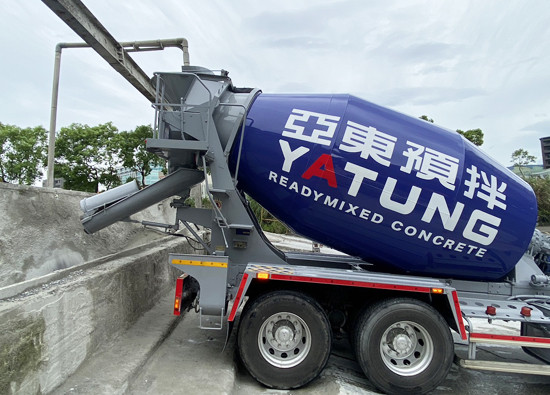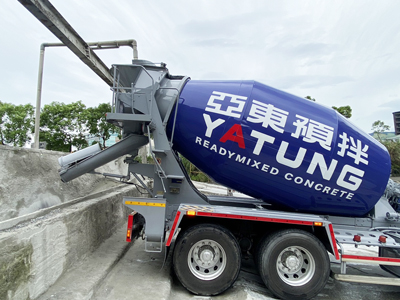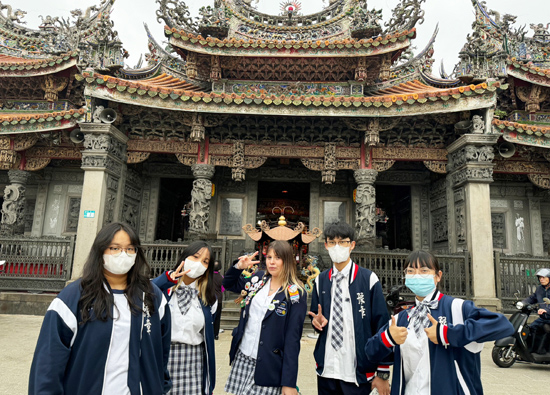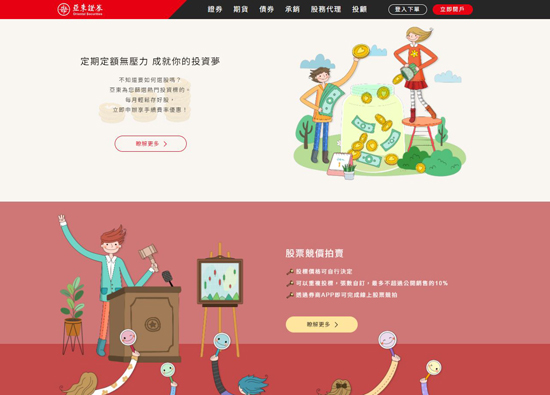03.2024 Office Talk
Ya Tung Ready Mixed Concrete Corporation achieves process wastewater recycling and reuse
Ya Tung Ready Mixed Concrete Corporation / Wang Yuren

 In recent years, with the continuous intensification of global climate change, the issue of water scarcity has gradually received attention. It is not only a key factor affecting the sustainable development of national economy and society, but also indispensable for industries, especially for the pre mixed concrete process. If water scarcity occurs frequently, it will inevitably disrupt normal operation. To this end, Ya Tung Ready Mixed Concrete Corporation actively responds to environmental protection and is committed to achieving effective reuse of water resources through the recycling of process wastewater.
In recent years, with the continuous intensification of global climate change, the issue of water scarcity has gradually received attention. It is not only a key factor affecting the sustainable development of national economy and society, but also indispensable for industries, especially for the pre mixed concrete process. If water scarcity occurs frequently, it will inevitably disrupt normal operation. To this end, Ya Tung Ready Mixed Concrete Corporation actively responds to environmental protection and is committed to achieving effective reuse of water resources through the recycling of process wastewater.The recycling and reuse of water resources is an urgent issue in the pre mixed concrete industry, because in the concrete production process, a large amount of clean water is needed to wash the mixing equipment after production, as well as the washing residues in the transport vehicle barrels. The wastewater generated is called "washing wastewater". Due to the presence of residual sand, stones, mud, and powder in the wastewater, it is necessary to first pass through a sand and stone separator to screen out reusable sand and stones, and then use the remaining recycled wastewater through a sludge removal process to clean it into pure "recycled water" for reuse in the process. In this way, although relatively pure recycled water can ultimately be obtained, it also gives rise to the by-product "recycled sludge" in the recycling process.
The recycled water contains a certain amount of turbidity and partially condensed components, which can be easily misjudged or even unmeasurable by general measuring equipment. The R&D team of Ya Tung Ready Mixed Concrete Corporation obtained quantitative factors that can be used as evaluation from experimental data, and through simple experimental methods, the solid content in the recycled wastewater can be corresponding. The recycled wastewater containing mud, sand, fine powder, etc. can be directly recycled and reused according to the proportion of solid content, Add to the new pre mixed concrete process to replace some clean water and achieve the recycling and reuse of sewage and sludge.
Starting from 2022, Ya Tung Ready Mixed Concrete Corporation's 20 factories in the entire area have increased the amount of recycled wastewater from only 40 kilograms per cubic meter to 77 kilograms per cubic meter. In 2023, the amount has also increased to 82 kilograms per cubic meter, with over half of the factories even using over 100 kilograms per cubic meter. Not only does it reduce the output of sewage and sludge, but it also fulfills its commitment to carbon reduction and environmental sustainability, and saves the company over NTD 10 million in industrial water costs annually. Ya Tung Ready Mixed Concrete Corporation also obtained three certificates, ISO 14064 Organic Greenhouse Gas, ISO 14067 Carbon Footprint, and ISO 14046 Water Footprint, through BSI (British Standards Institute) verification in October 2021. It became the first ready mixed concrete enterprise in Taiwan to pass BS 8001 recycled economy verification.
"Carbon footprint" refers to the total amount of greenhouse gases released by a person's activity or product/device during its lifecycle, while "water footprint" calculates the freshwater footprint, including direct and indirect water use in the production process, as well as indirect water use to dilute pollutants. For example, a 125cc cup of coffee requires 132 liters of water from planting, harvesting, processing, packaging, and transportation to the dining table; An egg consumes 200 liters of water; 100 grams of chocolate consume 1700 liters of water; One kilogram of chicken consumes 4330 liters of water, 6000 liters of pork, and up to 15400 liters of beef. Ya Tung Ready Mixed Concrete Corporation conducted a water footprint inventory of its 5000psi low-carbon concrete product and found that one cubic meter of concrete has a water footprint of only 15.8 liters. Compared to the common food products mentioned above, the water footprint is simple and low consumption, which proves that the company's recycling of wastewater not only provides strong support for sustainable business operations, but also contributes positively to global environmental sustainability development.
#



















